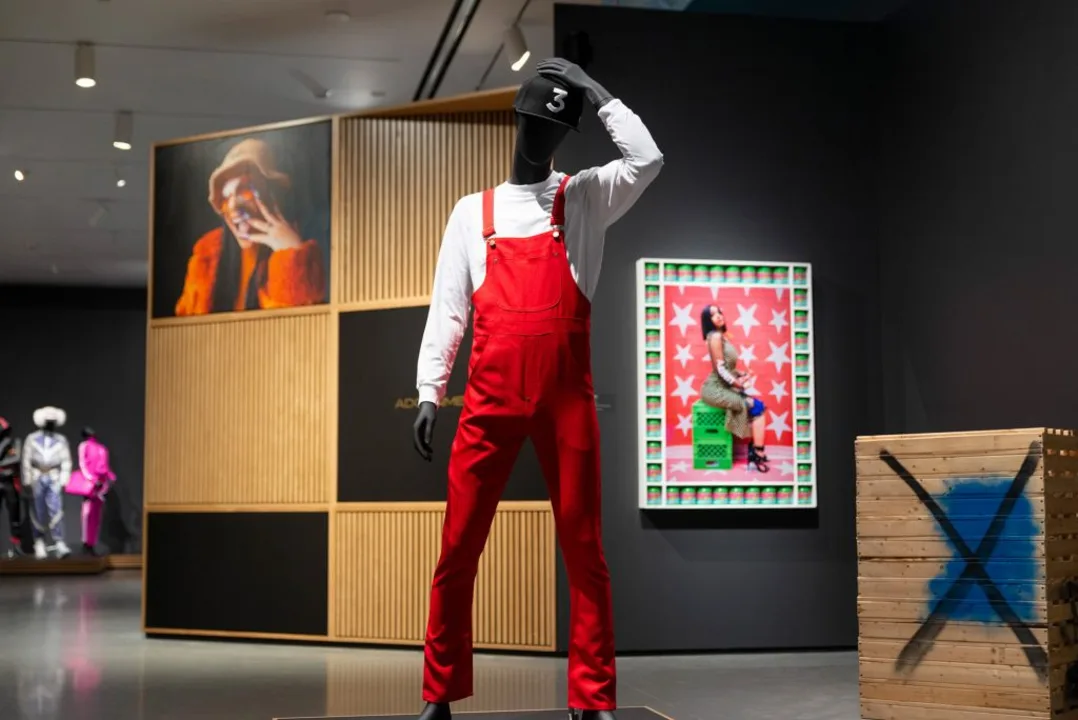
What do you think of today's rap/hip hop music?
What do you think of today's rap/hip hop music?
The Evolution of Rap/Hip Hop Music
When thinking about the way rap and hip hop music has evolved over the years, it's important to recognize that it's not just a genre of music, but a cultural movement as well. The early days of rap and hip hop saw artists focusing on their lyricism and storytelling abilities, often highlighting the struggles and experiences of life in urban environments. Artists like Grandmaster Flash, KRS-One, and Public Enemy used their music as a way to bring attention to social and political issues, as well as to entertain and inspire their listeners.
Fast forward to today's rap and hip hop scene, and we see a much more diverse array of artists, styles, and subject matter. While some artists still focus on telling their own personal stories and addressing societal issues, others prioritize catchy hooks and danceable beats. There's a place for both in today's rap and hip hop landscape, and it's interesting to see the variety of ways in which artists are expressing themselves through their music.
Trap Music and the Influence of Southern Hip Hop
One of the most significant shifts in rap and hip hop in recent years has been the rise of trap music. Originating in the South, trap music is characterized by its use of heavy bass, rapid hi-hats, and dark, moody melodies. Artists like T.I., Gucci Mane, and Young Jeezy helped popularize the subgenre, and today, it's hard to find a rap album that doesn't feature at least one trap-inspired beat.
The influence of southern hip hop as a whole cannot be understated, as it has played a huge role in shaping the sound of modern rap music. In addition to trap, artists from the South have brought other unique sounds and styles to the forefront, such as the "bounce" music of New Orleans and the chopped-and-screwed technique popularized in Houston.
The Impact of Social Media and Streaming Platforms
Technology has drastically changed the way we consume and discover music, and this has had a major impact on the rap and hip hop scene. Social media platforms like Instagram, Twitter, and TikTok have allowed artists to share their music and connect with their fans in ways that were never possible before. This has led to the rise of "viral" rappers who gain fame and recognition through their online presence, often before they've even released a full-length album.
Streaming platforms like Spotify and Apple Music have also changed the game for rap and hip hop artists. These platforms provide a seemingly endless supply of new music, making it easier than ever for fans to discover new artists and songs. On the flip side, the sheer volume of music available can make it difficult for artists to stand out from the crowd and maintain a loyal fan base.
Women Taking Center Stage in Rap and Hip Hop
Historically, rap and hip hop have been male-dominated genres, with women often relegated to the sidelines. However, in recent years, we've seen a surge of talented female artists making their mark on the rap and hip hop scene. Artists like Cardi B, Megan Thee Stallion, and Doja Cat have dominated the charts with their catchy, empowering tracks, proving that they can hold their own alongside their male counterparts.
This shift towards more representation for women in rap and hip hop is an important and necessary change, as it allows for a wider range of stories and perspectives to be shared within the genre. It's exciting to see so many talented female artists rising to prominence, and I can't wait to see what the future holds for women in rap and hip hop.
Embracing Diversity and Pushing Boundaries
One of the things I love most about today's rap and hip hop music is the way it embraces diversity and pushes boundaries. As the genre has grown and evolved, we've seen artists from all walks of life finding success and making their voices heard. From international superstars like Drake and Bad Bunny to openly LGBTQ+ artists like Lil Nas X and Young M.A., the rap and hip hop scene has never been more inclusive or varied in its sound.
This diversity is not only a reflection of the changing world around us, but it also serves to push the genre forward in new and exciting directions. By embracing different cultures, sounds, and perspectives, rap and hip hop music continues to be a powerful force for change and innovation in the world of music.
Write a comment